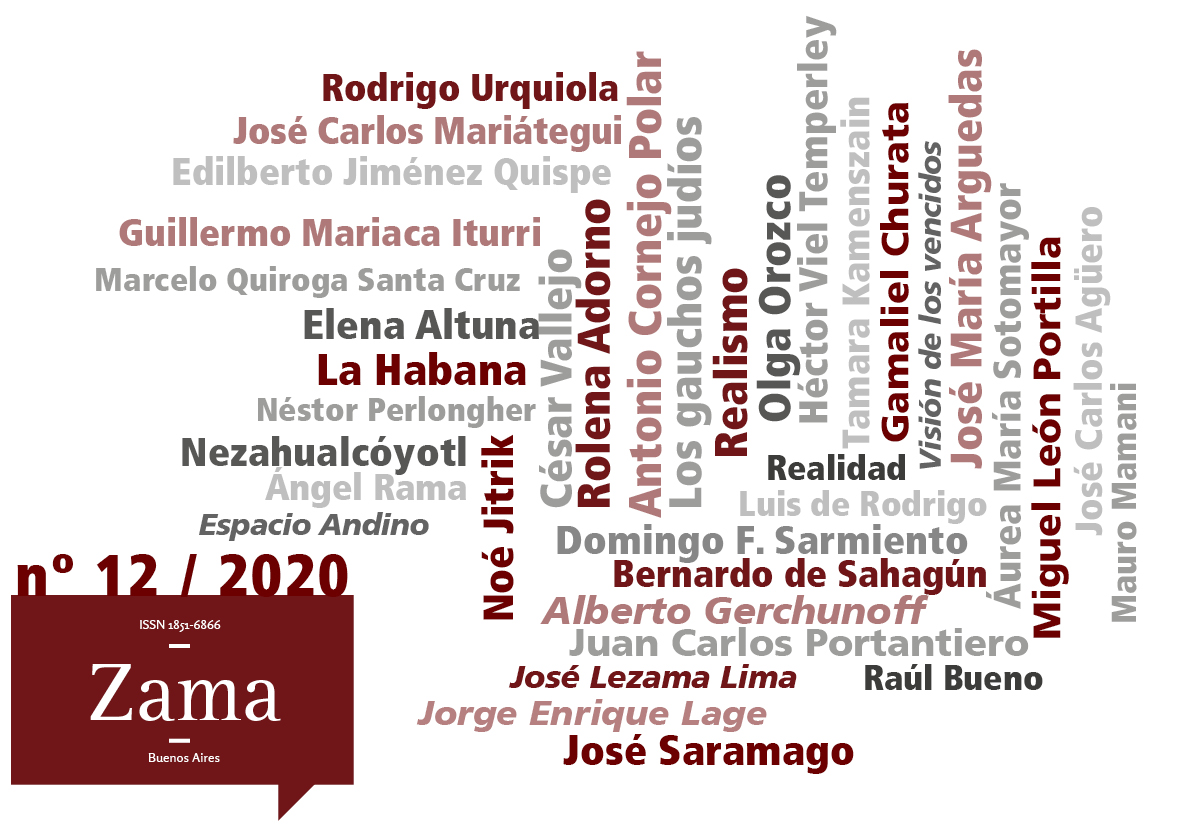Ciudad y literatura. Cuando Sara Chura despierte de Juan Pablo Piñeiro
Palabras clave:
espacio, ciudad, Bolivia
Resumen
El presente trabajo forma parte de una investigación mayor en torno al concepto de ciudad en la Bolivia del siglo XXI. Propongo que la literatura boliviana pone al descubierto las tensiones existentes entre las diferentes culturas que conviven y se superponen en la ciudad de La Paz. Los nuevos imaginarios urbanos le imprimen diversas significaciones al espacio y exploran las formas de convivencia de lo occidental y lo andino. Los personajes de los textos son transeúntes que, en sus pasos, le imprimen diversos sentidos a la “ciudad física” y dan cuenta de la existencia de un “discurso oculto” (Scott, 2000: 28) que devela los mecanismos de insubordinación de los sujetos oprimidos en las estructuras de poder. En estas páginas me detendré en el análisis de la novela Cuando Sara Chura despierte (2004) de Juan Pablo Piñeiro. En el texto la ciudad aparece como una casa embrujada. El espacio se concibe como un tejido infinito de cruces de voces y mundos subterráneos, el cual quedó invisibilizado por la razón occidental. El transcurrir de los personajes por los intersticios de las calles y por espacios íntimos funciona como un mecanismo que evade el control y la vigilancia de la cultura dominante e implica la posibilidad de suturar la herida colonial.Descargas
La descarga de datos todavía no está disponible.
Publicado
2020-11-30
Cómo citar
Daona, M. J. (2020). Ciudad y literatura. Cuando Sara Chura despierte de Juan Pablo Piñeiro. Zama, 12(12), 61-70. https://doi.org/10.34096/zama.a12.n12.9615
Número
Sección
Dossier. Espacio Andino












